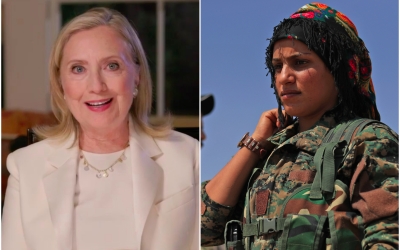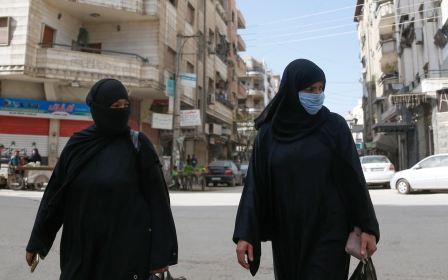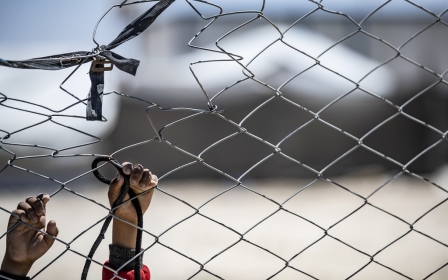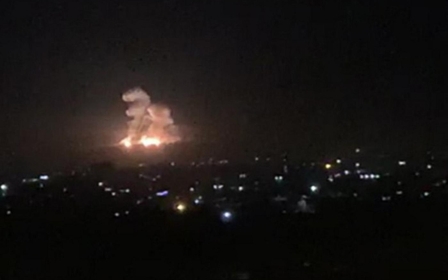Two female members of Kurdish-led administration in Syria found beheaded
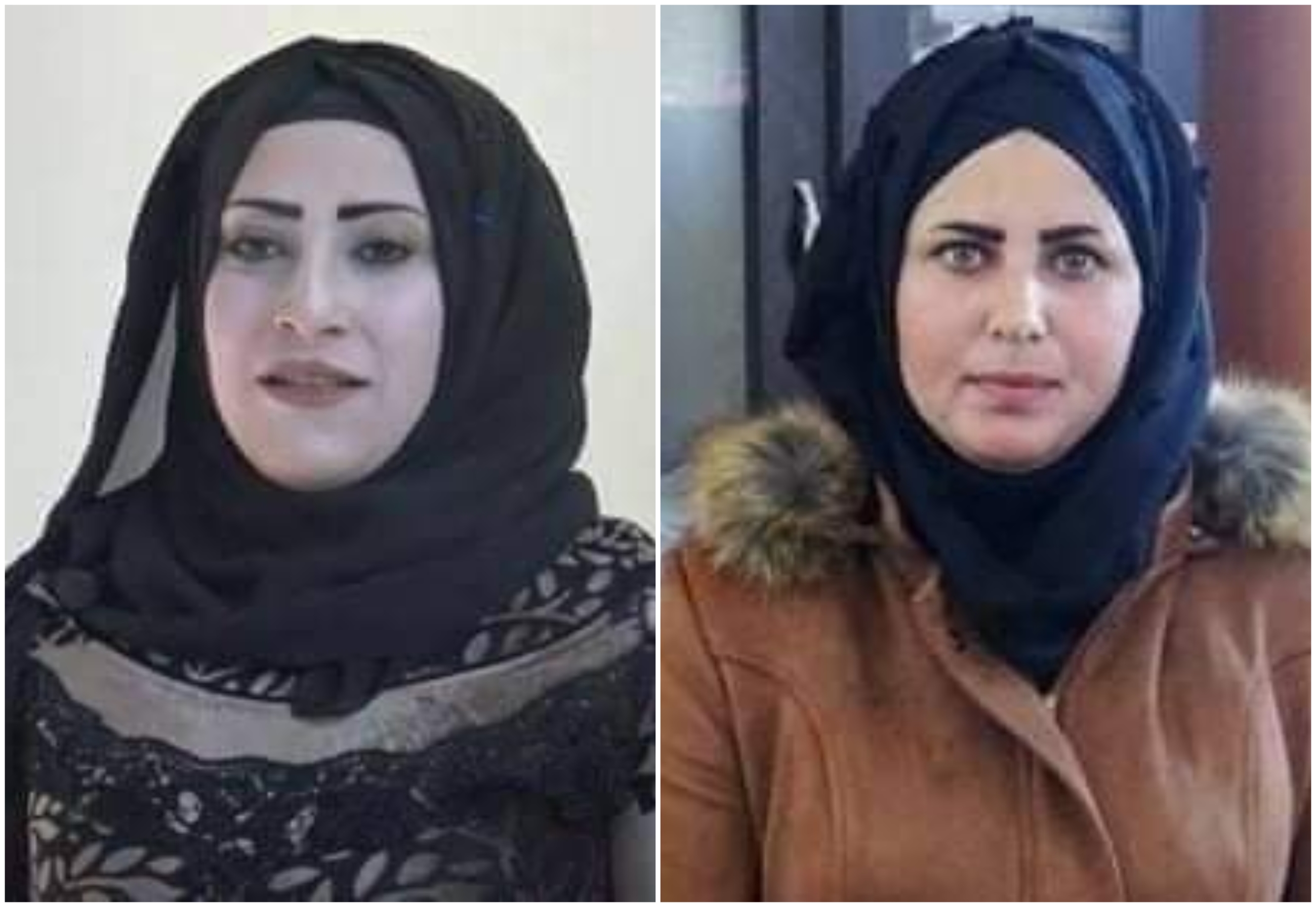
Two members of the Kurdish-led autonomous region in northeastern Syria have been found beheaded after being kidnapped, in an attack blamed on the Islamic State group.
The two women, who were found dead in al-Dashisha in the countryside of northeastern Syria’s Hasakah province on Saturday, worked for local institutions within the Autonomous Administration of North and East Syria (AANES).
Officials in the AANES told Kurdistan24 earlier this week that both were kidnapped from their homes by unknown men. The Syrian Observatory for Human Rights (SOHR) said they were both found dead hours after being kidnapped.
Hind Latif Al Khadir was head of the economy commitee of the town of Til Shayir, while Sa'da Faysal Al Hermas was co-president of the town's people's council.
“The Hasakah Canton’s Council confirmed in a written statement the assassination of two of their administration officials, after their abduction by unknown gunmen, believed to be affiliated with ISIS sleeper cells, yesterday in Shadadi area,” the Syria-based Rojava Information Centre (RIC) wrote in a tweet.
New MEE newsletter: Jerusalem Dispatch
Sign up to get the latest insights and analysis on Israel-Palestine, alongside Turkey Unpacked and other MEE newsletters
The Hasakah Provincial Council condemned the crime, which they blamed on IS sleeper cells, warning that the killing was aiming to "destabilise security and stability, and spread terror among the people.”
Opponents of the autonomous administration have targeted politicians involved with the organisation in the past.
Hevrin Khalaf, a politician with the Future Syria Party, was assassinated by the Turkish-backed armed group Ahrar al-Sharqiya in October 2019.
According to SOHR, at least 234 people have been killed by IS sleeper cells in northeastern Syria since June 2018.
Islamic State resurgence?
IS fighters overran large parts of Syria and neighbouring Iraq in 2014, declaring a cross-border "caliphate" and implementing its brutal rule on millions.
Several US-backed military campaigns whittled away at the proto-state, until the Kurdish-led Syrian Democratic Forces (SDF) - an armed group linked to AANES - expelled the militants from their last patch of land in the Deir Ezzor hamlet of Baghouz, south of Sousa in 2019.
Since the overthrow of the group, the SDF and AANES have had to manage tens of thousands of prisoners and displaced people in the region, including IS relatives and fighters from around 50 countries, including Western nations.
Western nations have been largely reluctant to repatriate their IS-linked nationals held in northeast Syria, though some have brought home women and children on a case-by-case basis.
Last week the UN said 12 murders had taken place in Al-Hol camp in northeast Syria in just over two weeks, sounding the alarm over an "increasingly untenable" security situation.
Al-Hol camp - Syria's biggest - holds almost 62,000 people, of whom more than 80 percent are women and children, including Syrians, Iraqis and thousands from as far afield as Europe and Asia.
"Between 1 and 16 January, the UN received reports of the murders of 12 Syrian and Iraqi camp residents," said the UN statement, adding that an Iraqi woman was among those killed.
"The disturbing events indicate an increasingly untenable security environment at Al-Hol," it added.
The camp had already witnessed several security incidents in recent months, sometimes involving IS supporters.
These have included escape attempts and attacks against guards or staff employed by NGOs, sometimes with knives, other times with firearms.
Middle East Eye delivers independent and unrivalled coverage and analysis of the Middle East, North Africa and beyond. To learn more about republishing this content and the associated fees, please fill out this form. More about MEE can be found here.


